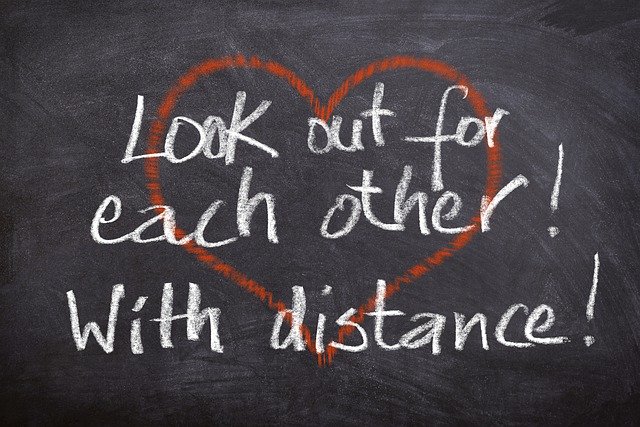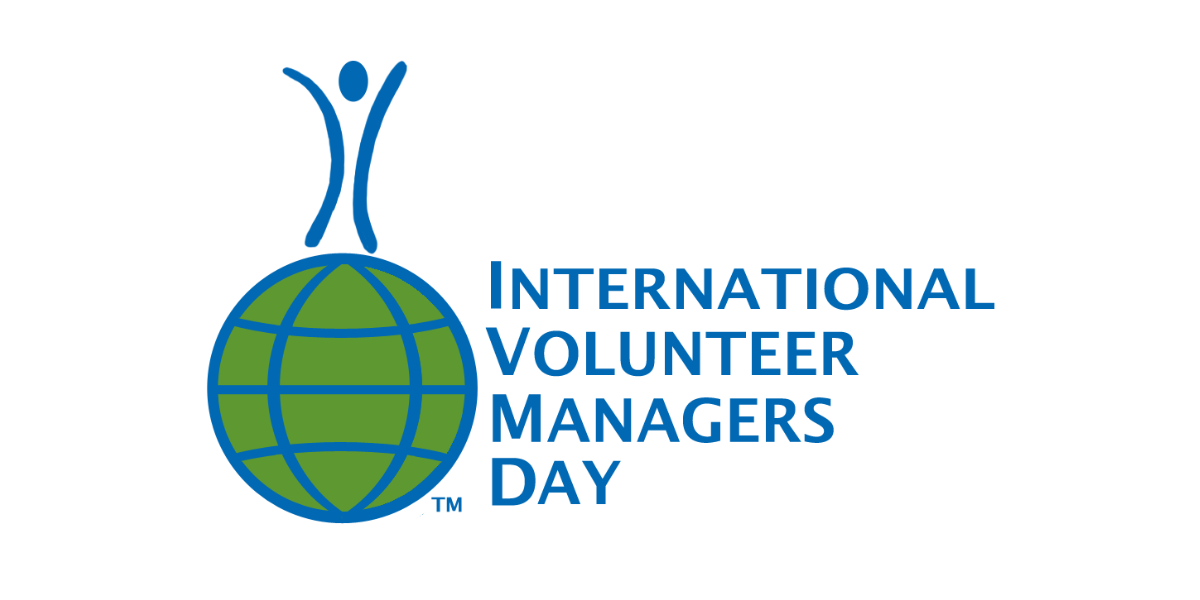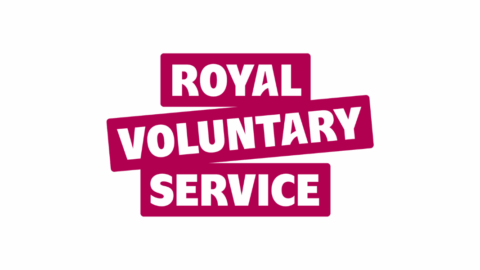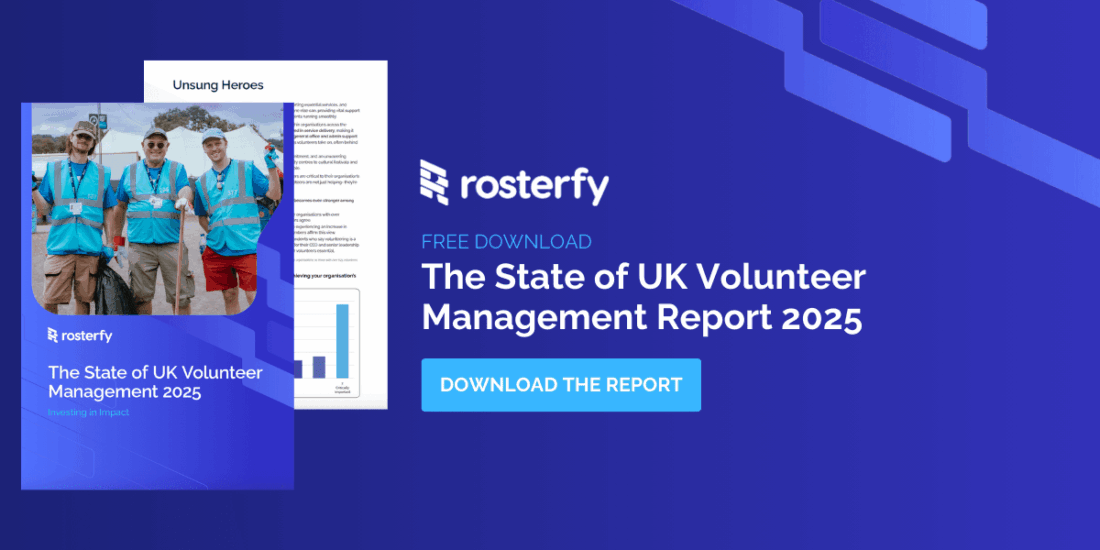A volunteer manager reflects on their experience of volunteering in their local community, and what lessons their organisation might be able to learn
“Can you pick up some shopping for a couple living in sheltered housing? Here is their phone number and address. Give them a call and see what they want and how they want to pay. Thanks.”
Hold up! Have you got their consent to share their details with me? Are there any risk assessments? What should I do if I have a safeguarding concern about them? What are the boundaries of the relationship? Plus, you’re asking me to carry out a regulated activity without a DBS check. Are you crazy?
If I was in work all of these questions and more would have immediately whirred through my brain and we would have decided we definitely couldn’t do the shopping because of the risks to individuals and lack of clarity over governance.
After 20 years working in volunteer management, have I become institutionalised? I expect anything to take an age to happen, with all the right people from different departments (marketing… I forgot to involve marketing… what was I thinking???) consulted as part of a project and communications plan and… you know the rest. You need milk? I can probably get you some in three weeks if we can sort out the paperwork and cash handling training.
The local response to Covid-19 has been amazing, humbling and professionally confusing. In the morning I’ll be skyping into meetings where we talk about risk registers and whether the wearing of face masks should be mandatory and then at lunchtime I jump in the car, go to the local pharmacy with the name and address of someone I have never met before, tell the pharmacist that I am picking up a prescription for them and then deliver it. I’m encouraged to share my phone number with them and free to respond as I choose to different asks for help – no-one tells me what I can and cannot do, I am expected to use my judgement and common sense.
Professionally the lack of safeguards sometimes worries me and I know why good practice is, well, good practice, but the simplicity of the ask has allowed lots of people to help who would not have if they had to follow a traditional volunteer recruitment process. We often talk about removing barriers to volunteering and the community response locally has shown that if you make it easy and worthwhile, people will volunteer.
The final thought I have is whether I am doing this as an individual or as a volunteer? Looking at it professionally, the service is co-ordinated by the local authority and they put me in touch with the people I help so I’d say they are responsible and the local area co-ordinator is my volunteer manager. But personally, it just feels like they are making it easier for me to help – it is liberating to be treated as an adult who can make informed decisions and tolerate risk, even if it is only when I am away from my desk.
This blog has been written anonymously





I completely get what you’re saying, I so do. And most of these interactions are absolutely FINE, nothing horrible happens. But then I go and read about elderly people being ripped off by people who supposedly are a part of such a volunteering effort – money stolen, home invasions… It’s absolutely fine to “just volunteer” without the “bureaucracy”… until it’s not.
I’ve posted about the dark side of this on the Reddit community for volunteering, if you want to read some…
That all said: thanks for helping.